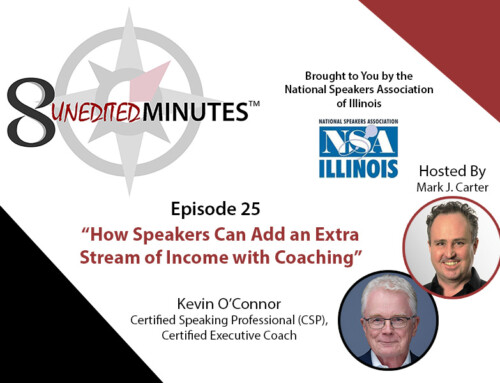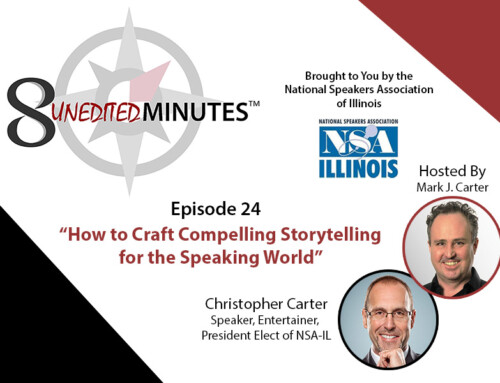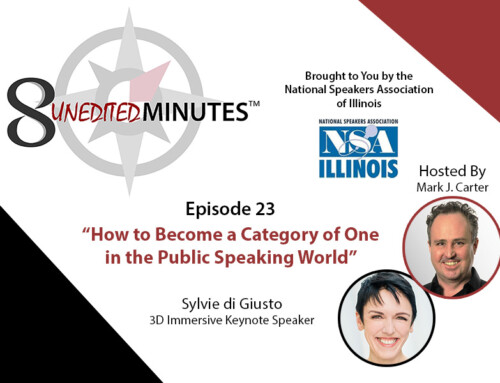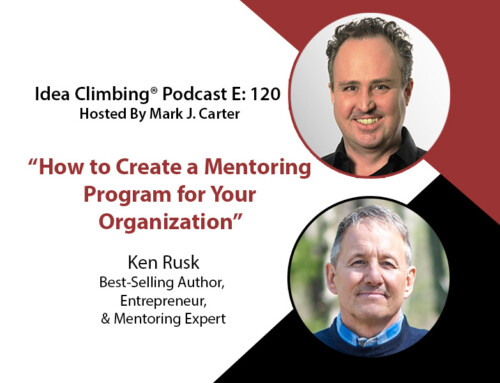What ONE question would you ask your business idol or someone you really look up to if you got the opportunity?
Many people don’t have a single much less series of questions planned out. Questions are the difference between an amazing mentoring conversation and just another forgettable small talk conversation.
Recently I spoke with Jacob Munoz, Vice President of Goldman Sachs, about how college students can successfully navigate mentoring conversations when mentoring opportunities present themselves.
ASK (great questions) And You Shall Receive (great answers)
The first thing Jake shared was that both parties have a RESPONSIBILITY for the relationship. The STUDENT needs to be prepared by knowing what they want help with and a few questions to start. The MENTOR needs to ask questions to understand what the student needs help with, it’s not just about them telling stories about their career.
Examples of questions for students include: Instead of “How do I find a job?” ask things like “If you were in my shoes today, how would you ____(accomplish something)____?” or “If you were to do it over again, what would you do differently?”
Become Memorable
After the first mentoring conversation many mentoring relationships cease to exist. While the student can’t reach out EVERY week with a new question or asking for another meeting, there are things they can do to stay top of mind with mentors.
Send an email once a quarter to update mentors about your career plans and any questions you have
Comment or like mentors’ LinkedIn posts. This “inserts you into their day”, as Jake says, so they remember you exist.
Send interesting articles based on your mentors’ interests. A simple “You’re passionate about event marketing so I thought you’d enjoy this article” goes a long way.
Keep Building NEW Relationships
There isn’t “THE Mentor” that will answer all of your questions. Jake points out that you have an AMAZING opportunity as a student: You can reach out to almost ANYONE by saying “I’m a student at ____(your college/university____ and I’d like to learn more about a career path I’m considering.” You’re not selling anything or asking for a job.
Once you graduate and get into the job market it might seem like you’re trying to sell something when you ask the same questions.
When you DO need to ask for a job three suggestions are:
You can ask with the framework “I’m in an internship or had a successful internship experience in a company similar to yours, I think there might be a fit if you’re hiring”
A friend worked at your company. He/She mentioned that your company culture might be a great fit for myself and I’d like to learn more”
It All Comes Down To Relationships
At the end of the day the common thread here is this: The more MEANINGFUL relationships you have the greater your chance of success.
Students can leverage the advantage of being students by reaching out to a LOT of people, asking great questions and then continuing to follow up and share more about their careers and learn about their mentors’ careers.





